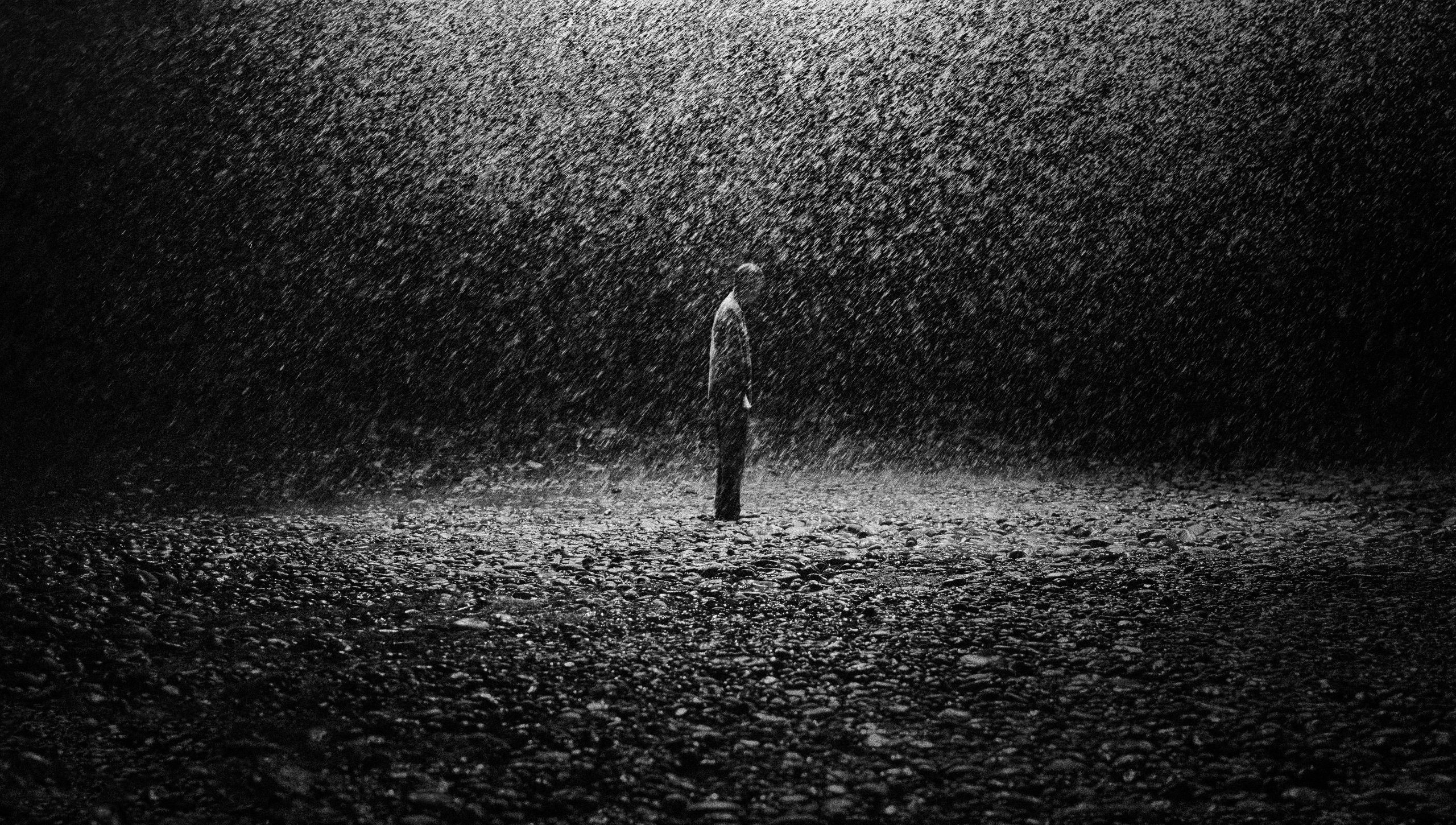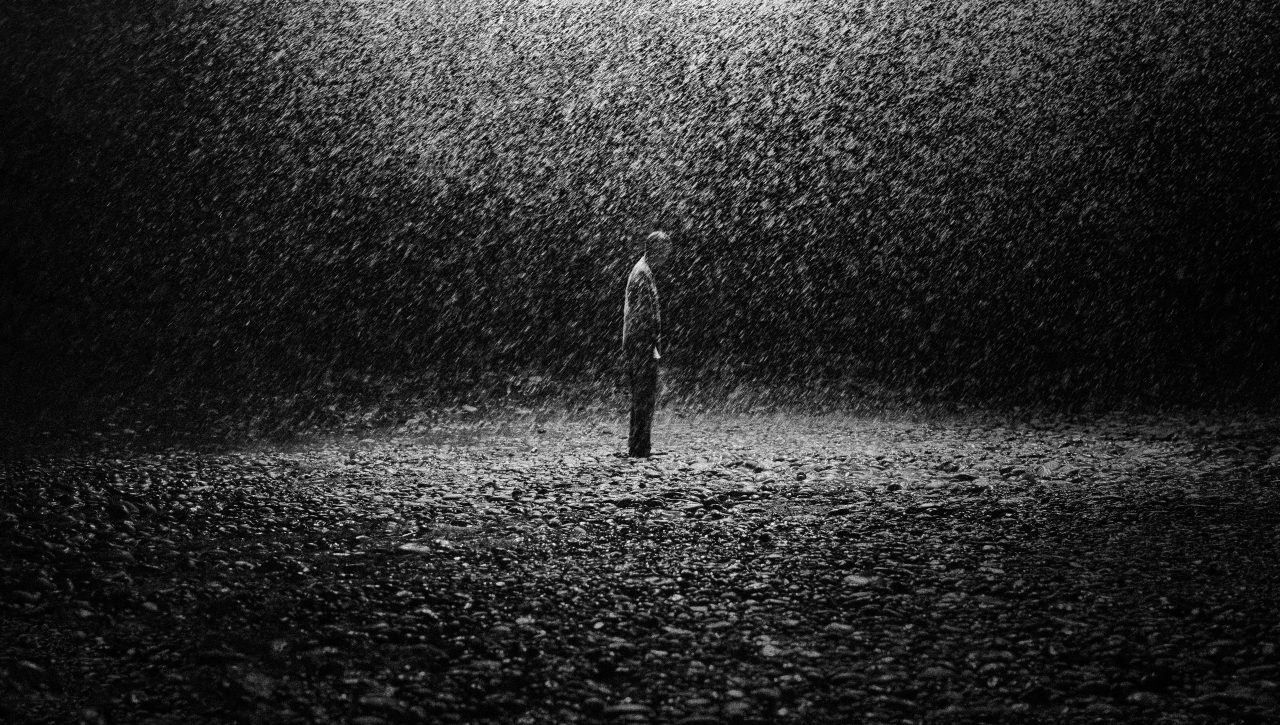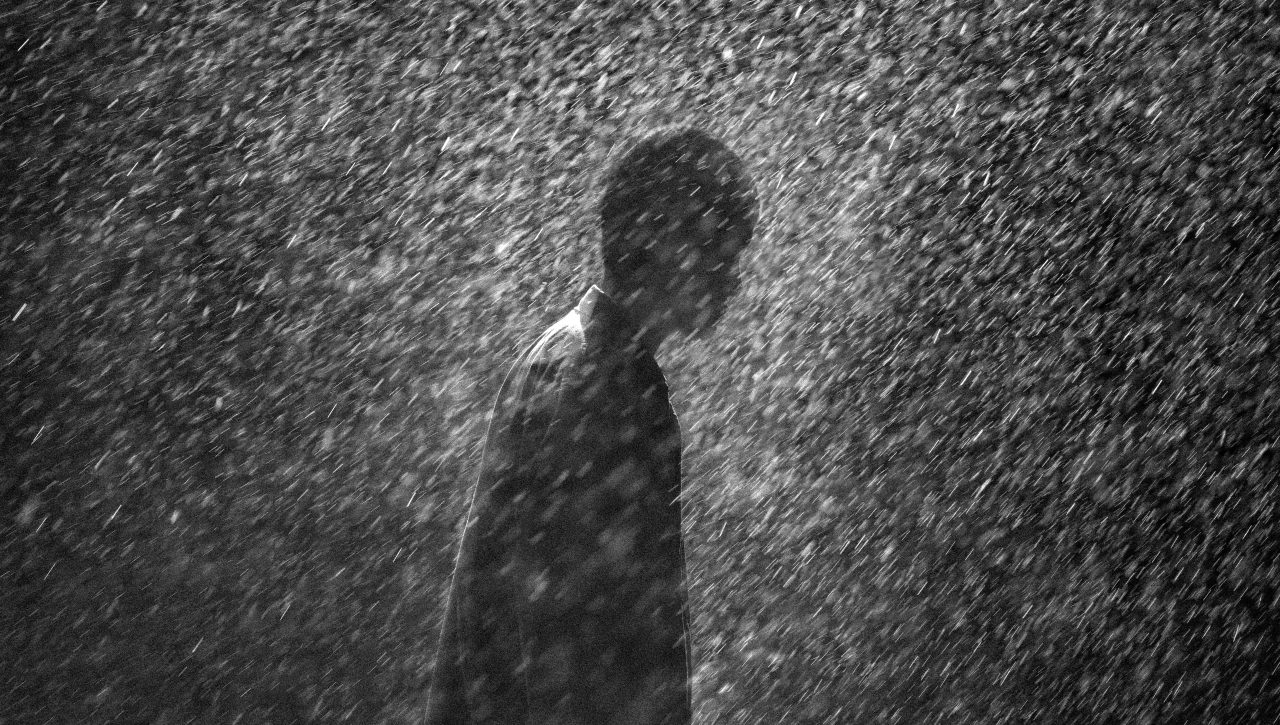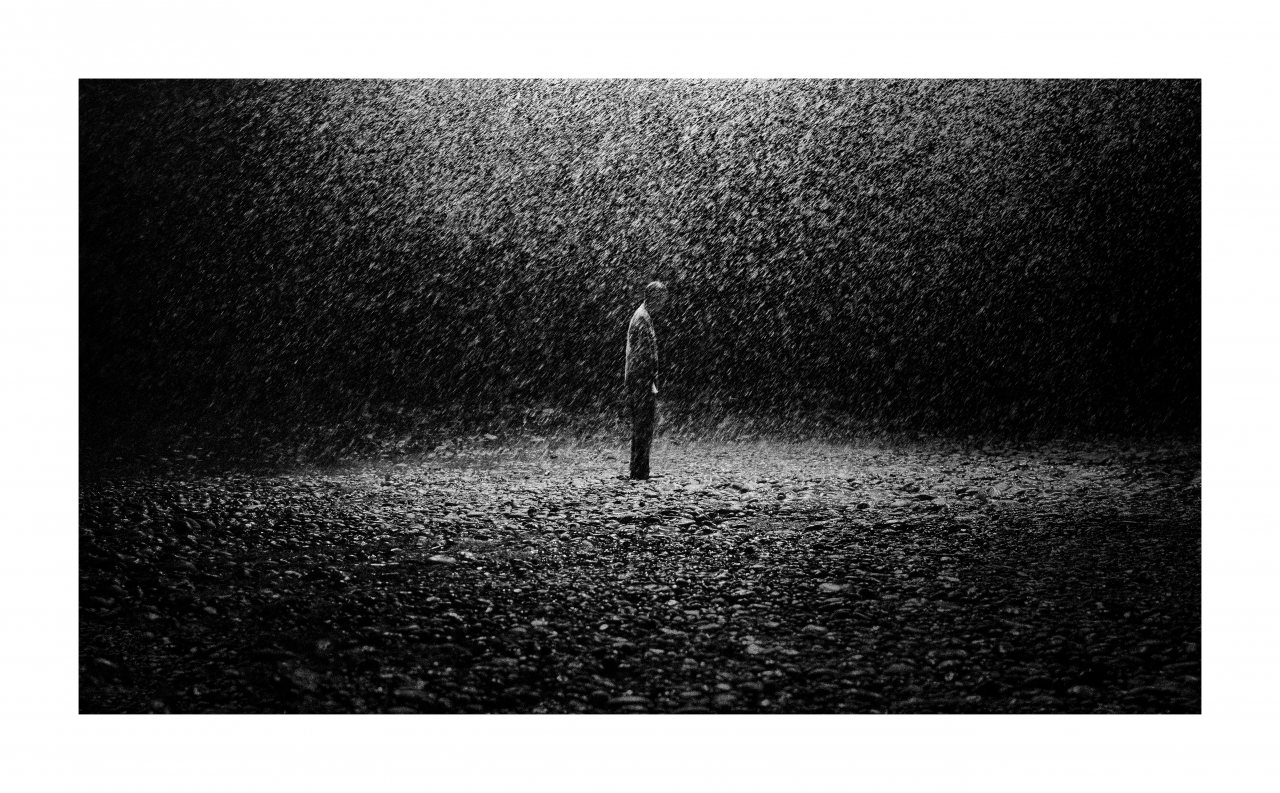Chen Chieh-jen:
Detoxify Illusion with Māyā (I)
Duration: 12 AUGUST 12:00 AM
- 11 SEPTEMBER 11:59 AM (CST), 2023

As the neocolonialism / new caste system of the empire becomes a reality, beginning with Notes on the Twelve Karmas (1999–2000 / re-edited 2018), Chen Chieh-jen has brought to life poignant and sensuous meditations that reflect on the possibilities of the multitude, which, increasingly ostracized by the acceleration of this centrifugal machine, now confronts the question of how to rebuild its subjectivity and reshape society in an era that pretends towards transparency, while effectively tightening supervision and control.
The long-term art project Her and Her Children includes an introduction, In a World Losing Multiple Worlds I & II (2022), a prologue, Worn Away (2022—2023), a first chapter, A Field of Non-Field (2017), and prospective chapters that engage a network of related subjects from different aspects. These video works can be experienced independently, or watched sequentially to create a cohesive dialogue and discussion that reverberates through the pieces. In the following series of online viewing rooms, Long March Space will present previews of these video works as well as related elaborations and thoughts.
The top 81 billionaires, those who run the corporatocracy, own more than half of the world’s wealth. More than one-eighth of the world’s population (about one billion people) suffer from mental health-related disorders.
As the title suggests, In a World Losing Multiple Worlds I & II evokes the absence of an external world where we might escape from the current world. A solitary figure stands silently in the desolate night, continuously enveloped and pierced by rain, from natural rainwater to a shower of information that resembles rain, in a tableau that evokes the condition of the contemporary individual. Yet the figure maintains a calm and contemplative face that suggests an ongoing contention with the influx of endless and ever-changing information flows.
About Chen Chieh-jen
Chen Chieh-jen was born in 1960 in Taoyuan, and currently lives and works in Taipei. While Chen’s primary media is video installation, in his production process, he has consistently experimented with community formation, integrating other participants with his film crew. This has added an activist quality directed at re-envisioning society in his creative process.
During Taiwan’s martial law period (1949–1987), a time marked by the Cold War, Chen employed extra-institutional underground exhibitions and guerrilla-style art actions to challenge dominant political mechanisms. After martial law ended, Chen gradually ceased making art, which lasted for eight years. Returning to art in 1996, Chen started collaborating with local residents, unemployed laborers, day workers, migrant workers, foreign spouses, unemployed youth and social activists. They occupied factories owned by capitalists and utilized discarded materials to build sets for his video productions. In order to visualize contemporary reality and a people’s history that has been obscured by neoliberalism, Chen embarked on a number of video projects in which he used strategies he calls “re-imagining, renarrating, re-writing and re-connecting.”
Starting in 2010, Chen began actively focusing on the fact that many people around the world have been reduced to working temporary jobs and lost sense of existence due to and lost sense of existence due to the corporatocracy’s pervasive control technology. Chen calls this universal situation “global imprisonment” or “at-home exile.” Based on these ruminations, Chen has considered how pervasive control technology can be qualitatively changed by transforming desire with alternative forms of desire and detoxifying illusion with māyā.
Chen Chieh-jen:
Detoxify Illusion with Māyā (I)
Duration: 12 AUGUST 12:00 AM
- 11 SEPTEMBER 11:59 AM (CST), 2023

As the neocolonialism / new caste system of the empire becomes a reality, beginning with Notes on the Twelve Karmas (1999–2000 / re-edited 2018), Chen Chieh-jen has brought to life poignant and sensuous meditations that reflect on the possibilities of the multitude, which, increasingly ostracized by the acceleration of this centrifugal machine, now confronts the question of how to rebuild its subjectivity and reshape society in an era that pretends towards transparency, while effectively tightening supervision and control.
The long-term art project Her and Her Children includes an introduction, In a World Losing Multiple Worlds I & II (2022), a prologue, Worn Away (2022—2023), a first chapter, A Field of Non-Field (2017), and prospective chapters that engage a network of related subjects from different aspects. These video works can be experienced independently, or watched sequentially to create a cohesive dialogue and discussion that reverberates through the pieces. In the following series of online viewing rooms, Long March Space will present previews of these video works as well as related elaborations and thoughts.
The top 81 billionaires, those who run the corporatocracy, own more than half of the world’s wealth. More than one-eighth of the world’s population (about one billion people) suffer from mental health-related disorders.
As the title suggests, In a World Losing Multiple Worlds I & II evokes the absence of an external world where we might escape from the current world. A solitary figure stands silently in the desolate night, continuously enveloped and pierced by rain, from natural rainwater to a shower of information that resembles rain, in a tableau that evokes the condition of the contemporary individual. Yet the figure maintains a calm and contemplative face that suggests an ongoing contention with the influx of endless and ever-changing information flows.
About Chen Chieh-jen
Chen Chieh-jen was born in 1960 in Taoyuan, and currently lives and works in Taipei. While Chen’s primary media is video installation, in his production process, he has consistently experimented with community formation, integrating other participants with his film crew. This has added an activist quality directed at re-envisioning society in his creative process.
During Taiwan’s martial law period (1949–1987), a time marked by the Cold War, Chen employed extra-institutional underground exhibitions and guerrilla-style art actions to challenge dominant political mechanisms. After martial law ended, Chen gradually ceased making art, which lasted for eight years. Returning to art in 1996, Chen started collaborating with local residents, unemployed laborers, day workers, migrant workers, foreign spouses, unemployed youth and social activists. They occupied factories owned by capitalists and utilized discarded materials to build sets for his video productions. In order to visualize contemporary reality and a people’s history that has been obscured by neoliberalism, Chen embarked on a number of video projects in which he used strategies he calls “re-imagining, renarrating, re-writing and re-connecting.”
Starting in 2010, Chen began actively focusing on the fact that many people around the world have been reduced to working temporary jobs and lost sense of existence due to and lost sense of existence due to the corporatocracy’s pervasive control technology. Chen calls this universal situation “global imprisonment” or “at-home exile.” Based on these ruminations, Chen has considered how pervasive control technology can be qualitatively changed by transforming desire with alternative forms of desire and detoxifying illusion with māyā.




